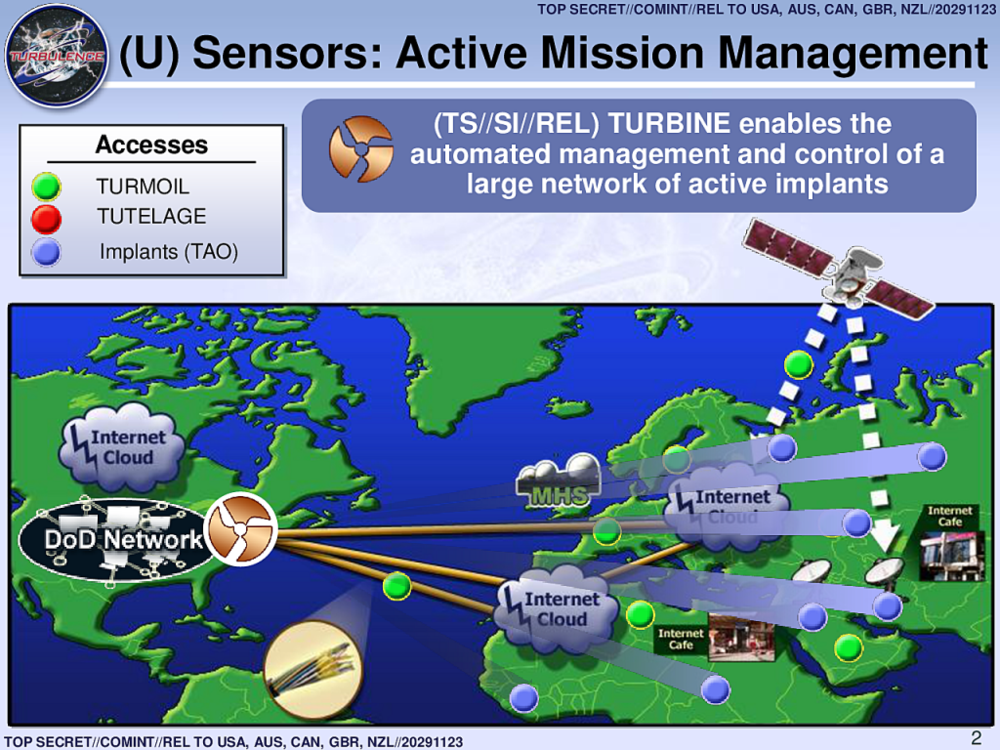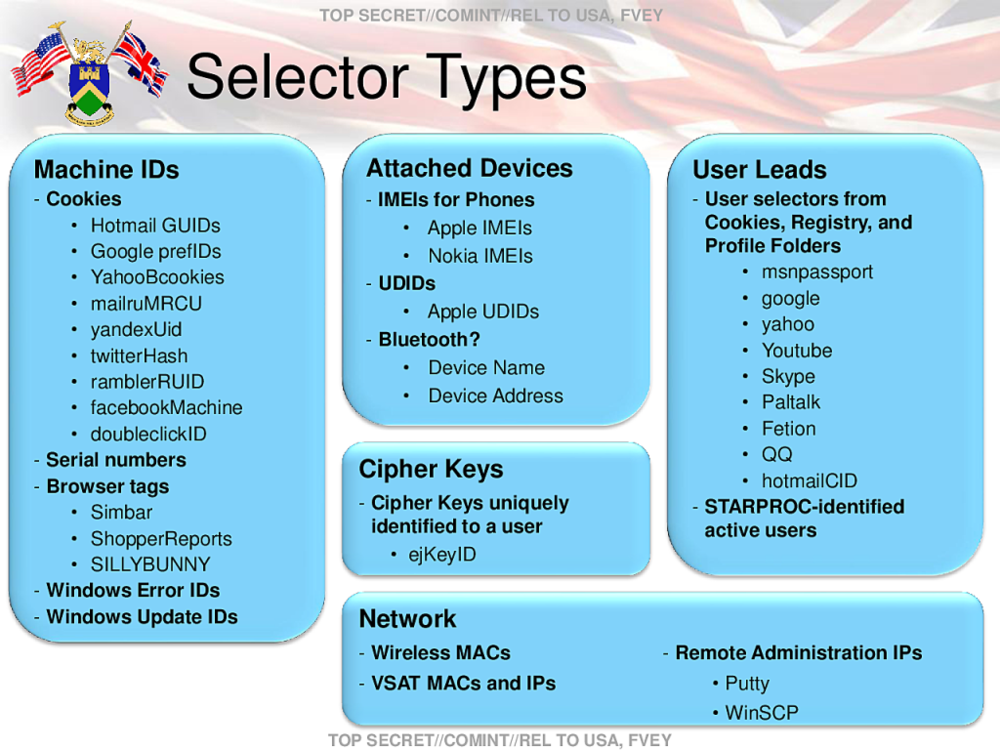Silicon Valley tech firms exacerbating income inequality
“Google democratized information, Uber democratized car rides, and Twitter democratized publishing a single sentence. But to the World Bank, the powerful Washington-based organisation that lends money to developing countries, Silicon Valley’s technology firms appear to be exacerbating economic inequality rather than improving it.”





